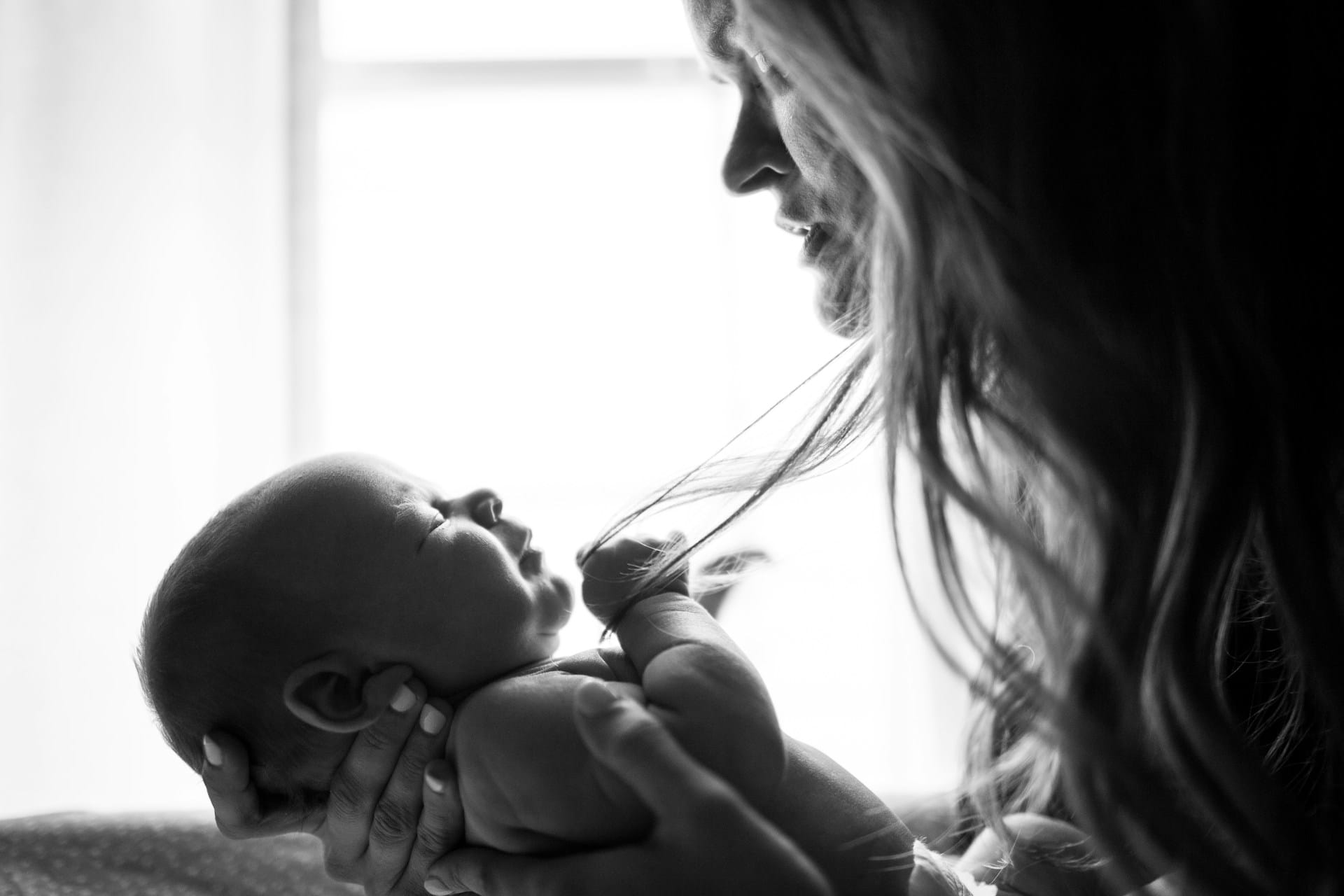One of life’s unfortunate certainties is that we all face loss at some point in our lives. Death, the “last enemy” as Scripture calls it (1 Corinthians 15:26, NIV), affects us all, and our lives are marked in one way or another by the loss of loved ones. These losses are clear and defined, which can help with a sense of closure. There are other forms of loss, however, that aren’t as clear, which raises challenges to the grieving process, called ambiguous loss
Ambiguous Loss
When a loved one dies, it’s typically a life-altering, painful, and overwhelming experience that disrupts the course of your life. This kind of loss brings powerful emotions in its wake, including anger, sadness, regret, or guilt. Loss, however, doesn’t just come through the death of a loved one. Loss may come through the end of a relationship, for instance, such as a breakup or divorce.
Loss can be felt in situations that don’t involve death, including when a relationship breaks up or a divorce happens. Ambiguous loss, a term coined by Dr. Pauline Boss, is the sort of loss that’s not related to the death of a loved one. This kind of loss often lacks a sense of closure, unlike other types of loss.
According to the Mayo Clinic, when a person experiences ambiguous loss, the physical connection to the other person might remain, while the emotional connection with them has been lost, or the emotional connection remains intact, while they are physically absent or disconnected from you. This ambiguity is one reason why this type of loss is hard to deal with – the loss may not always be seen as a loss by others around you.
If the people around you don’t recognize your loss as such, or if the loss isn’t perceived as meaningful, that will often mean you won’t have support as you grieve your loss. Going through loss alone can make it much harder to process everything and arrive and some sense of resolution or closure.
Different Types of Ambiguous Loss
Ambiguous loss is a sort of loss that is uncertain, unclear, or unresolved. As a result, it leaves the person who’s grieving with a sense of ambiguity or confusion about what they are experiencing. To gain a better understanding of the types of experiences that can be referred to as ambiguous loss, a few examples of it may be helpful.
Loss can occur in those situations where you retain an emotional connection with the person, but their physical presence is disconnected from you. For instance, if you have a loved one who goes missing and it’s unclear what has happened and if they are okay, that’s a form of ambiguous loss. You don’t know whether they are alive or dead, and you can’t say farewell in the ways we typically do to find closure.
 Another situation of ambiguous loss is when an emotional connection is broken, but the person is still physically present. For instance, in the case of a loved one with dementia, or where divorce or incarceration has separated loved ones. In such situations, you’re unable to relate to the person in the same way because they’re no longer part of your life like they were before.
Another situation of ambiguous loss is when an emotional connection is broken, but the person is still physically present. For instance, in the case of a loved one with dementia, or where divorce or incarceration has separated loved ones. In such situations, you’re unable to relate to the person in the same way because they’re no longer part of your life like they were before.
Whether you’re dealing with these forms of ambiguous loss or dealing with similar kinds of loss, such as estrangement from a loved one, a loved one who’s moved far away, or abandonment, it’s possible to work through ambiguous loss and find healing.
The Path to Healing
Ambiguous loss isn’t like conventional forms of loss, making it harder to find a sense of closure in quite the same way. However, that doesn’t mean you can’t find healing and learn to cope with it. Working through ambiguous loss entails taking certain steps, and these include the following:
Acknowledge your loss One of the challenges of ambiguous loss is that other people around you, and possibly yourself, don’t construe it as loss in the same vein as the death of a loved one. It’s important to acknowledge the loss as just that, albeit an ambiguous one that is unresolved and unclear. Additionally, understand that this ambiguity may persist, and you’ll have to learn to live with it.
You can acknowledge your loss by journaling and noting everything in your life that’s changed because of the loss. Perhaps there are activities that you used to do or that you were looking forward to that are no longer on the table as a result of the loss, like time spent together, intimacy that’s lost, and milestones that you can’t mark together.
Process what you’re feeling Ambiguous loss, just like any other loss, will bring up a swathe of emotions. It’s important to recognize and identify these, whether it’s sadness, frustration, guilt, or anxiety. You can process your emotions through journaling, engaging in creative expression, or talking with a loved one you trust. You can also find help from a therapist or counselor. Give yourself room to grieve the loss.
Find ways to cope One of the ways we learn to cope with traditional loss is through rituals and ceremonies such as memorials and funerals. These activities help us to come to terms with the loss. Though closure won’t look the same, you can also find activities and other ways to pay tribute to your loved one and your relationship. You could create a scrapbook, plant a garden, or write your loved one a letter.
Seek professional help and support Ambiguous loss is often complicated and difficult to work through. You can seek the help of a professional, such as a therapist or counselor; they can walk with you in finding healthy ways to cope, helping you rebuild your sense of self and finding meaning in your experience of loss.
Your counselor can help you move forward and flourish amid uncertainty and ambiguity. Contact us today to learn more and to schedule an appointment with one of the Christian counselors in our network.
Photo:
“Yellow Buds”, Courtesy of Polina Kuzovkova, Unsplash.com, Unsplash+ License
- Kate Motaung: Curator
Kate Motaung is the Senior Writer, Editor, and Content Manager for a multi-state company. She is the author of several books including Letters to Grief, 101 Prayers for Comfort in Difficult Times, and A Place to Land: A Story of Longing and Belonging...
DISCLAIMER: THIS ARTICLE DOES NOT PROVIDE MEDICAL ADVICE
Articles are intended for informational purposes only and do not constitute medical advice; the content is not intended to be a substitute for professional medical advice, diagnosis, or treatment. All opinions expressed by authors and quoted sources are their own and do not necessarily reflect the opinions of the editors, publishers or editorial boards of Stone Oak Christian Counseling. This website does not recommend or endorse any specific tests, physicians, products, procedures, opinions, or other information that may be mentioned on the Site. Reliance on any information provided by this website is solely at your own risk.





